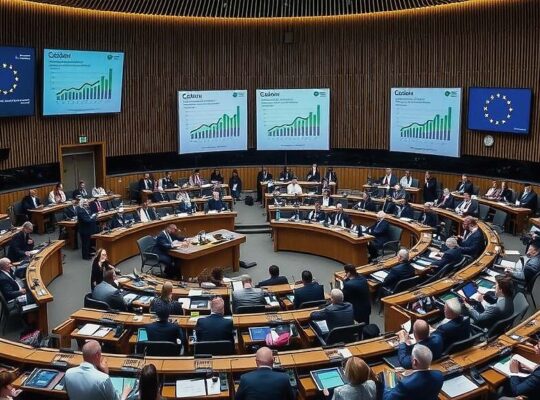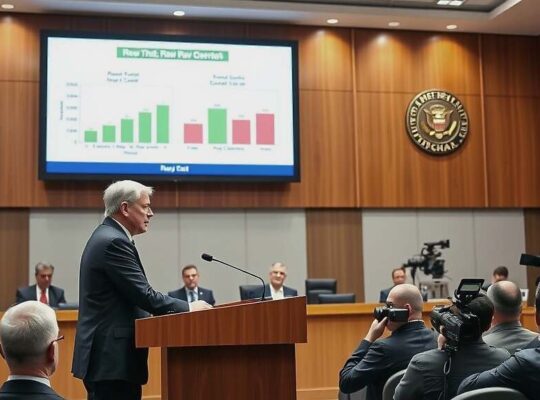German city representatives are urging national and regional governments to strengthen protections for individuals experiencing homelessness as extreme heat events become more frequent and intense. Christian Schuchardt, Chief Executive of the German Association of Cities, highlighted a growing concern over rising numbers of people without secure housing. He welcomed the federal government’s National Action Plan to tackle homelessness, but called for greater emphasis on the risks posed by escalating temperatures.
Schuchardt stressed the need for a collaborative approach, stating that responsibility shouldn’t solely rest with municipalities and that concrete action from both federal and state levels is required. The National Action Plan aims to overcome homelessness by 2030 and serves as a framework for coordinated efforts.
Gerda Hasselfeldt, President of the German Red Cross, further emphasized the importance of adequately resourced heat-resistant emergency shelters. She also advocated for increased financial support for proactive outreach programs, such as the Red Cross’s “heat buses” currently operating in several cities, which provide assistance to vulnerable individuals during heatwaves. Hasselfeldt believes such measures can significantly contribute to public health as the frequency of extreme heat days continues to increase.
Data indicates that Germany has already seen a threefold increase in the average number of heat days per year-from levels recorded since the 1950s-now averaging 11.5. Projections indicate that, without substantial reductions in greenhouse gas emissions, cities like Berlin could experience between 20 and 35 heat days annually between 2071 and 2100. Adherence to the Paris Agreement climate goals, however, could limit this figure to an average of ten to sixteen heat days per year.












